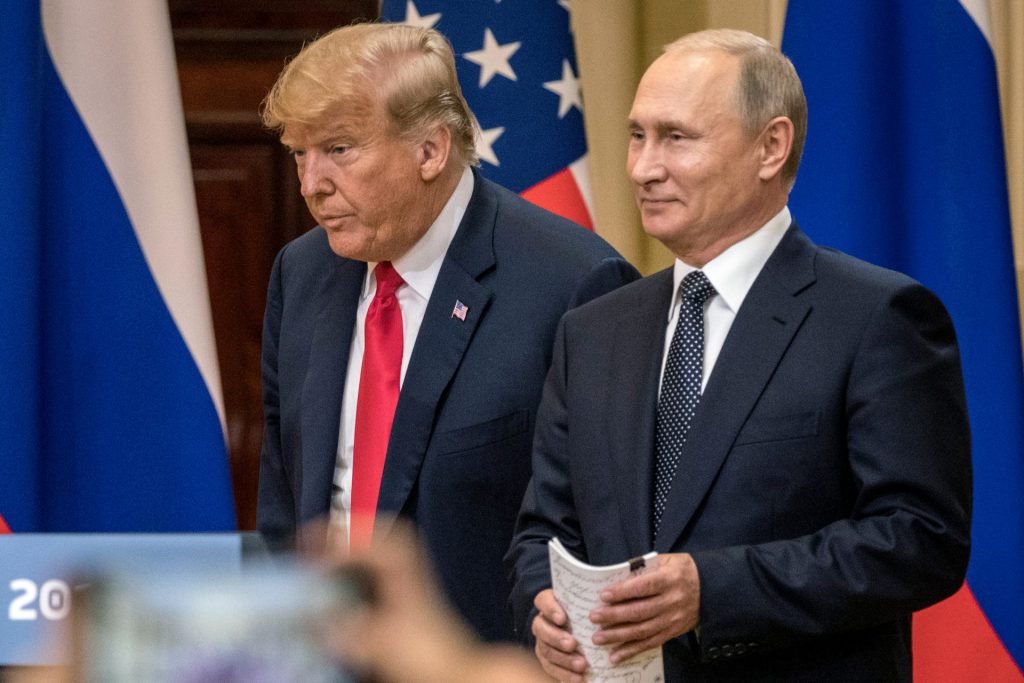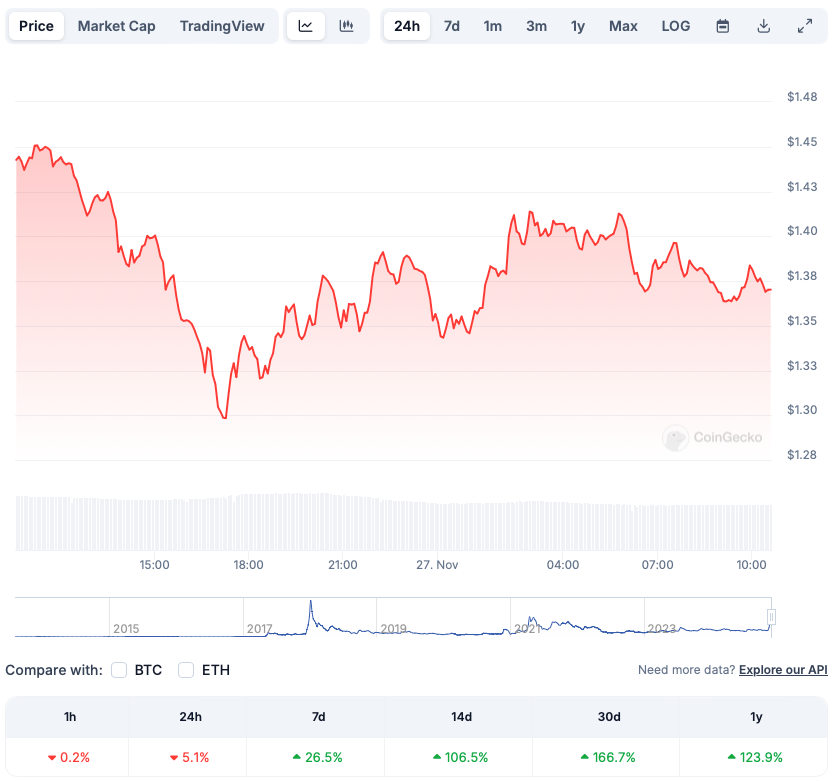Although there is a growing sentiment that the BRICS bloc has shifted its focus amid the 2024 presidential alliance outcome, there are many experts who believe that Donald Trump’s return won’t stop the alliance from ditching the US dollar. Specifically, the collective’s newfound interest in trading in local currencies will see no end in sight despite the shift in leadership in the US.
Earlier this month, Russian President Vladimir Putin hinted that the alliance’s de-dollarization days were behind it. However, that is unlikely to be the case according to economist Lauren Johnson, who recently discussed the political and financial importance of the practice. Moreover, why it is unlikely to end any time soon.
Source: Politico
Also Read: Is the BRICS Bloc Moving Away From Its De-Dollarization Agenda?
BRICS Commitment to Trading in Local Currencies Won’t Stop With Trump Return, Expert Says
Over the last two years, de-dollarization has been a clear focus of the BRICS bloc. Amid the Western sanctions placed on Russia, the collective was forced to find new avenues of economic viability. A weaponized US dollar forced the global south to integrate a global shift, and that process has gone quite well.
However, things are expected to change with the incoming presidential change in the United States. Donald Trump has been vocal about the importance of the greenback’s dominance. Therefore, he is likely to make good on previous inferences that he would lift sanctions to ensure the dollar is used.
Although that has led many to consider a change in perspective for the BRICS alliance, one economist believes that Trump’s return won’t stop the bloc from trying to ditch the US dollar. Specifically, Lauren Johnston, a prominent economist, has discussed the growing need for local currency promotion.
Source: stimson.org
Also Read: Four New Nations Express Interest in Joining BRICS: Who Are They?
“There are economic and political reasons to use local currencies,” Johnston said in a recent interview. “Using local currencies to trade among themselves will lower the transaction costs and reduce these countries’ dependence on foreign currencies.” Altogether, Johnson believes the desire to strengthen the economic viability of the group outweighs any cooperation that could be found with Trump’s America.
There has been talk for the last two years of a shared payment system for the BRICS group. However, headway on the project has yet to be made. Right now, those projects are still simply developments that could eventually come to fruition.
Until they do, the world should expect the group to continue its pace of local currency trade. At the end of the day, it could be overwhelmingly beneficial to the group’s status on a global stage.






